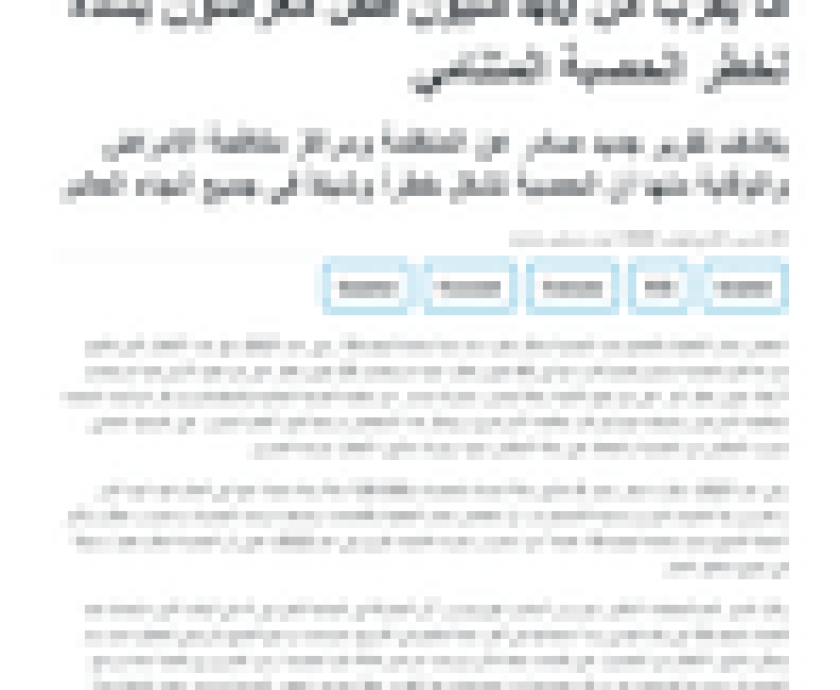Click to expand Image
Riot police stand guard outside the house of Cristiana Chamorro, former director of the Violeta Barrios de Chamorro Foundation and opposition presidential candidate, in Managua on June 2, 2021, the day Nicaraguan police raided her home without a warrant and placed her under house arrest.
© 2021 Inti Ocon/AFP via Getty Images
Today, the UN High Commissioner for Human Rights presented a damning report on the brutal repression by the Daniel Ortega government in Nicaragua. It provides a basis for the UN Human Rights Council to take a more robust approach to the human rights crisis in Nicaragua and establish an international investigative mechanism to gather and preserve evidence of human rights violations during its current 49th session.
The High Commissioner identified a “pattern of serious violations of civil and political rights” that arbitrarily suppressed dissenting opinions from the November 2021 electoral process and “created an environment unconducive to the holding of genuine, fair and credible elections.” Violations included the abusive detention of 39 government critics ahead of the elections, including seven presidential candidates who remain imprisoned.
Most of these critics have been prosecuted for “conspiracy to undermine national integrity” without respect for their rights or basic due process. Many were held strictly incommunicado, and some were held in solitary confinement for a prolonged period longer than 15 days, which amounts to torture. Even when visits were allowed, they were heavily restricted, the High Commissioner found, and detainees were provided meager meals and unbalanced diets, leading to visible loss of weight. They were not allowed to receive food brought by their relatives and prison guards kept lights on in the cells all night. Some detainees were refused the specialized care that their chronic illnesses required.
More than 130 other people perceived to be critical of the government who were arrested recently also remain arbitrarily detained, according to Nicaraguan rights groups. Some face similarly abusive detention conditions.
The government has also targeted civil society groups, political opponents, and journalists by adopting repressive laws that violate the rights to political participation and to freedom of expression. Since 2018, authorities have canceled the legal registration of dozens of nongovernmental organizations and universities.
Meanwhile, authorities have made no progress towards ensuring justice for recent abuses, including for abuses committed by the police during the government’s brutal 2018 crackdown against protesters. Not a single police officer is known to be under investigation.
Given the absolute lack of judicial independence in Nicaragua, which makes justice for victims highly unlikely, UN council members should provide a pathway for justice abroad. Member states should heed the High Commissioner’s call for the Council to take “further measures to strengthen accountability” and respond by creating a strong independent investigative body that will help end the repression in Nicaragua and ensure those responsible for human rights violations in the country are held to account.



